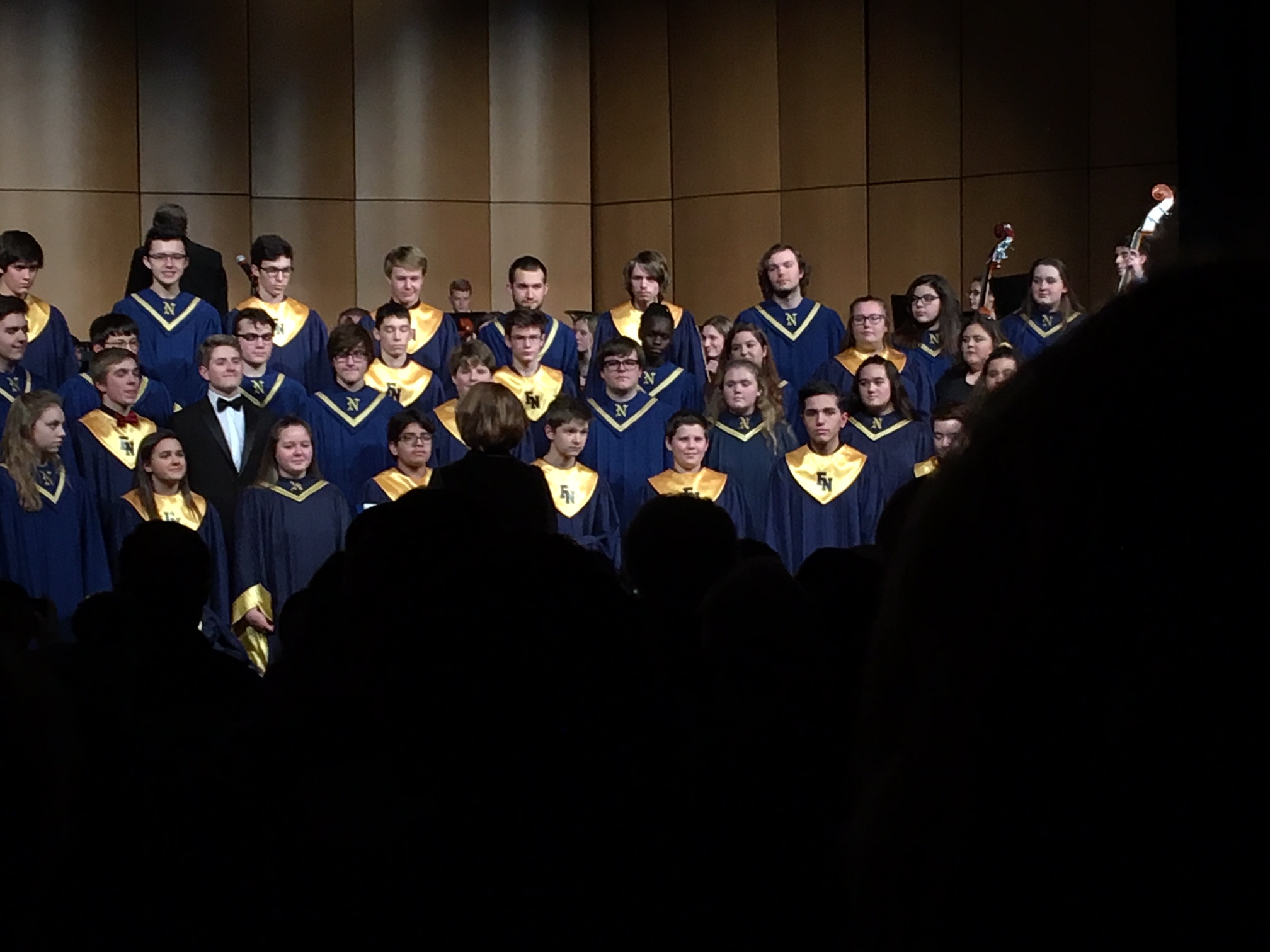
The Sound of Music
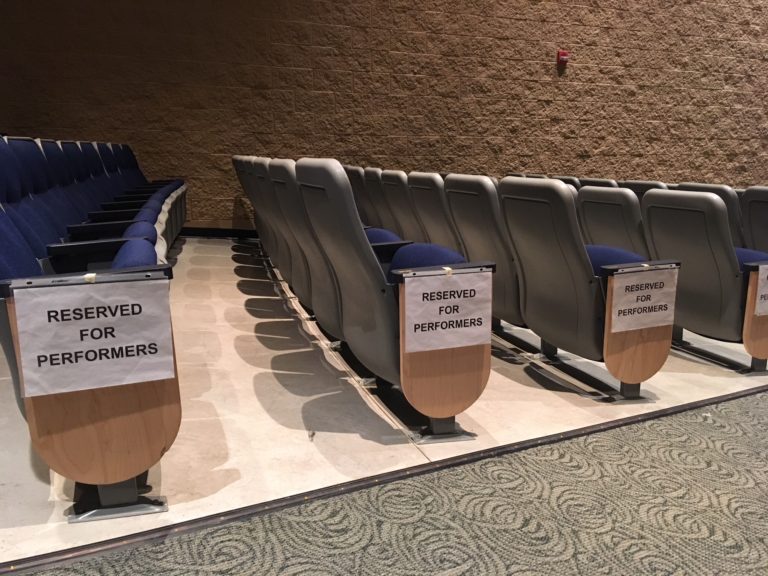 After the choir concert Thursday night, it was J’s special education teacher that reminded us how far J has come. I needed that reminder, because I came out of that auditorium with a knot of embarrassment in my stomach. I wanted to pull J aside, scold for chewing his mouth raw while standing on stage while the rest of his peers sang all the songs he’d practiced at home and sang with such gusto. I wanted to scold him on the way home in the car for suddenly getting obsessed with his hair onstage, picking at it and combing it with his fingers while the rest of the group stood performance-worthy with their hands at their sides. I know Steve and I were probably the only ones who noticed–because everyone else is watching their own kids–but as parents you’re so sensitive to the anxiety tics that your convinced everyone in the room can see them too.
After the choir concert Thursday night, it was J’s special education teacher that reminded us how far J has come. I needed that reminder, because I came out of that auditorium with a knot of embarrassment in my stomach. I wanted to pull J aside, scold for chewing his mouth raw while standing on stage while the rest of his peers sang all the songs he’d practiced at home and sang with such gusto. I wanted to scold him on the way home in the car for suddenly getting obsessed with his hair onstage, picking at it and combing it with his fingers while the rest of the group stood performance-worthy with their hands at their sides. I know Steve and I were probably the only ones who noticed–because everyone else is watching their own kids–but as parents you’re so sensitive to the anxiety tics that your convinced everyone in the room can see them too.
Steve talked to his choir teacher after the performance, and it sounded like she thought J did a great job too. Choir has been a bit of a struggle this year for J. The stakes are a little higher–it’s high school, and so the expectations for uniformity and consistent, reliable performance are higher. At first J really hated going to choir because of the stricter expectations, but this last month, like his special education teacher had pointed out–he’s made huge progress. He tolerates the warm-ups. He’s singing more in class. He’s done well with his one-on-one sessions with his choir teacher (which isn’t an IEP thing; everyone gets some one-on-one lessons with the choir teacher). In fact, just in the last few weeks, J has finally–consistently–stayed in the bass clef range. He’s no longer jumping back and forth from his new “manly” voice to his pre-pubescent falsetto. (In fact, Steve and I had a little chuckle to see that J was listed under the “Bass” section on the choir program, because we’ve known the falsetto voice for so long).That’s huge progress.
He really has come so far.
From the child who, at two-and-a half and three years old, would scream in my lap and claw at my face to stop me from singing.
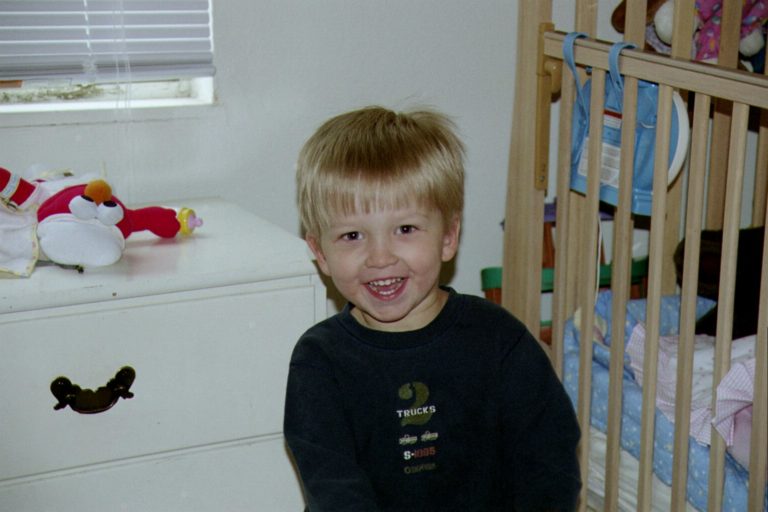
To the child who, in kindergarten through grade 2 or 3, would have an epic meltdown if he saw me or Steve in the elementary school cafeteria to watch him perform (aka stand) on the risers for his winter concerts.
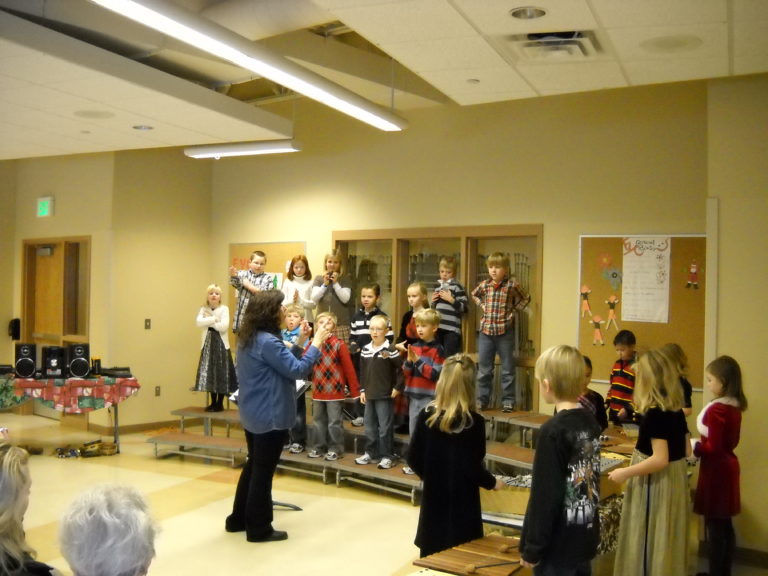
To the child who, in the last few years of elementary school, could finally tolerate his parents in the same room as him in the big gym for his concerts.

To the child who, in middle school, could drive up to Winnipeg and handle all of the noise and overstimulation of a rock concert so he could watch his favourite band on the planet, Imagine Dragons, play live.

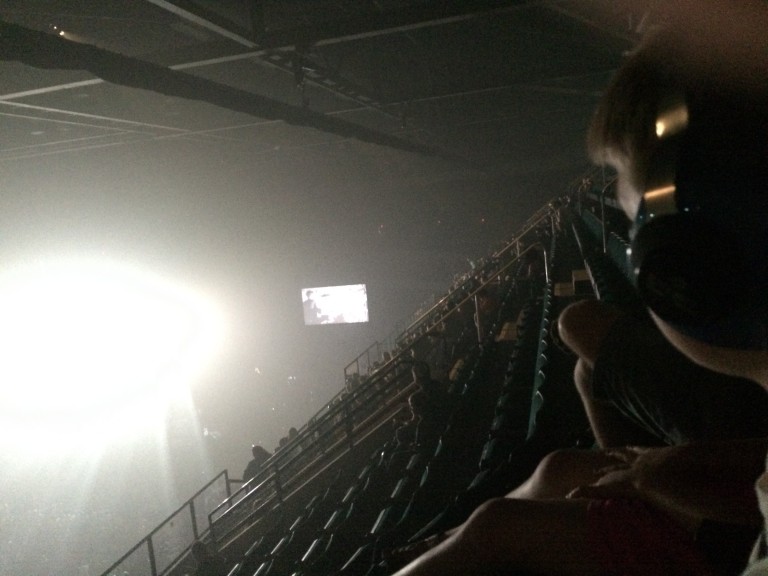
To the teenager who, in middle school, could stand and sometimes sing on a real stage, with bright lights and a black, open void of a faceless crowd with the help of some friends beside him and a para off-stage in the wings for support.
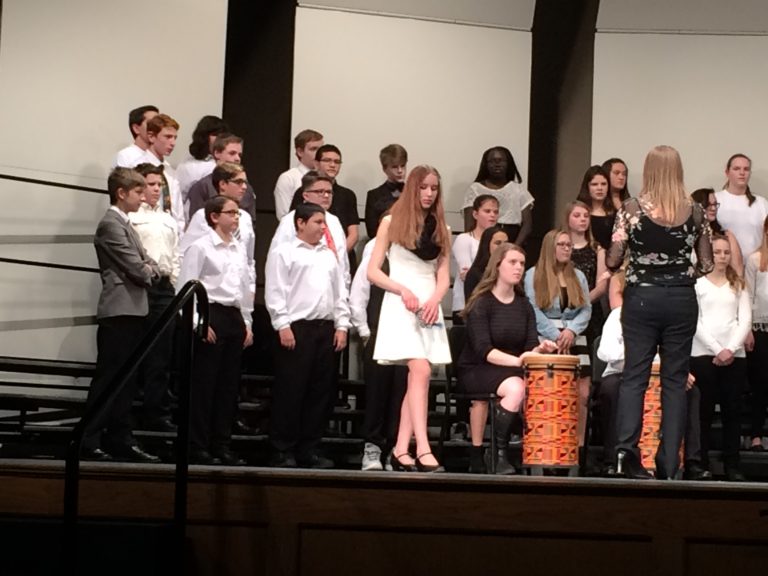
To a teenager who, in his first year of high school, can stand on stage in a choir robe, with bright lights and a black, open void of a faceless–standing room only–crowd, with multiple stage changes with orchestra, band, and multiple choral groups for almost two hours, with only two, really stellar students beside him. Yeah, maybe that is progress.
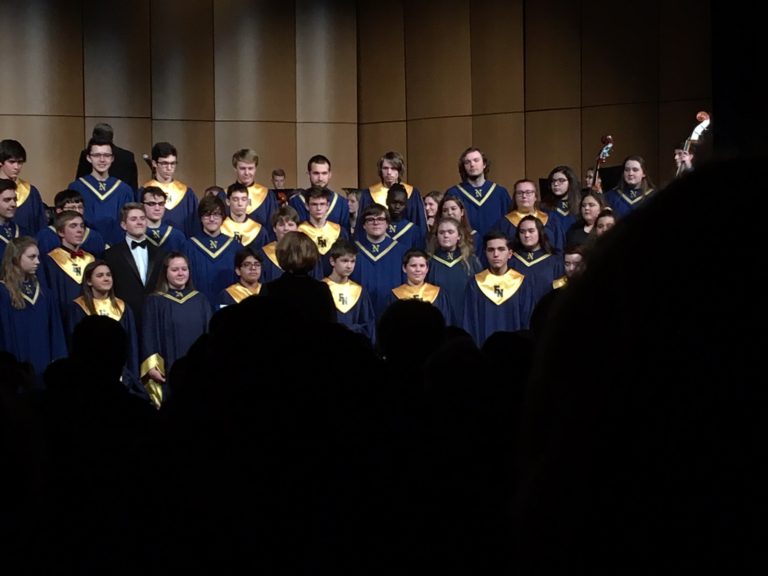
And for a kids whose heart is made of music, who sings all the time to himself, at home, at school, even while he runs, this struggle between music and an audience is a really tough one. I think I finally realized this when I stood in my music teacher’s home a few days ago for an extra voice lesson before my own recital. Because I was in a new space, I was thrown off momentarily by the new acoustics and the way my voice sounded in that space. I’m an adult–I’ve played and performed music since I was 4 years old. I can recognize different acoustic settings quickly and I know my voice or the sound of the instrument I’m playing will sound slightly different depending where I am. It’s no big deal and I know it’s not a threat. I can adapt to little differences very quickly. But suddenly I thought of J on the high school stage earlier that week, and I felt a wave of appreciation for all of his effort he made to be there when I know (and forget) all of the violent input of sound and light he experiences on stage. I forget that he is trying so hard to behave appropriately despite all of the sensory threats he feels. I forget that he’s trying to do the best he can for the adults in his life that expect so much for him. I forget that he loves music so much and that it really is a struggle to transpose that love to an audience. I forget he’s still trying to figure out how to do that.
I forget all of this because J is fully integrated in almost every activity in his life with his “typical developing peers.” It’s what we want and what we fight for. We want him to have the same experiences as everyone else. But when J is doing so well for J and stands beside everyone else’s “typical development” it’s so easy to want more–more than he can give in that moment–from him.
For now, all he can do is just stand with everyone else. And quietly chew his anxiety away in his cheek.
How many times in my life have I done that in some figurative or literal way to get through something tough?
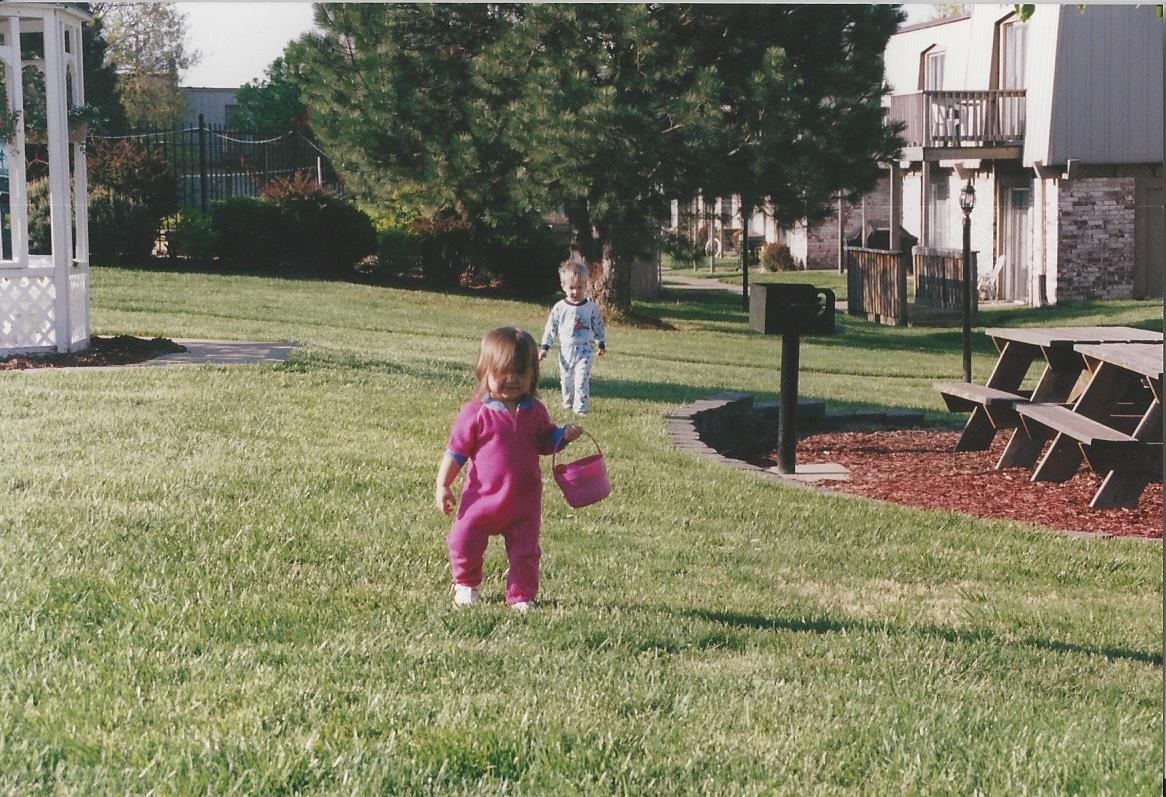
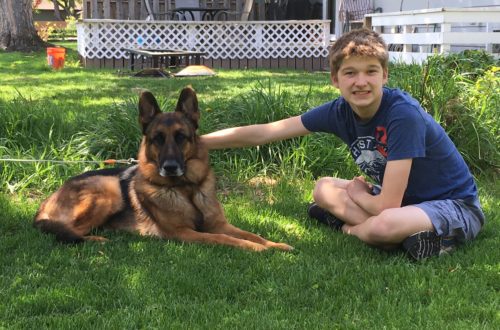
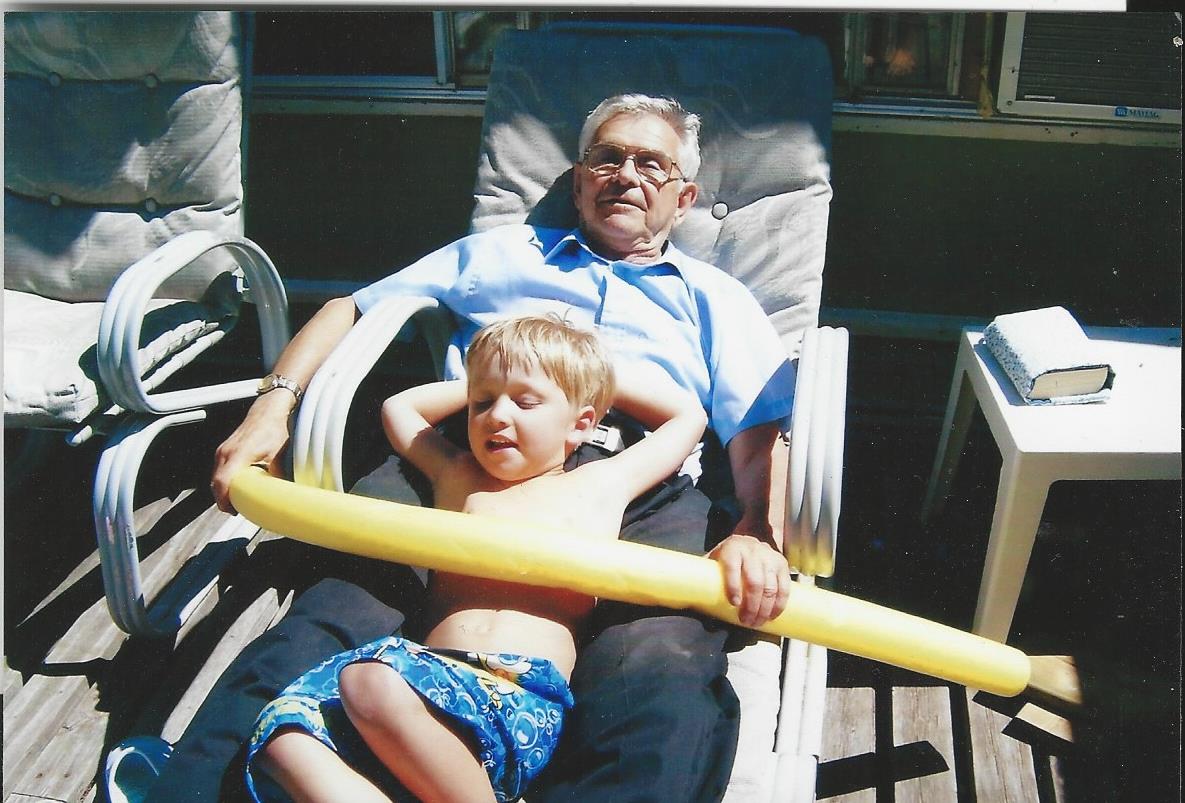

2 Comments
Carol Forster
I was enamored with his performance. I couldn’t take my eyes off him and I smiled through his entire performance with pride. Yes, he has come so far and will continue to make strides. He is a blessing. Feliz Navidad!
sarahwbeck
Awww, thanks, Carol! And it was so good to see you there!